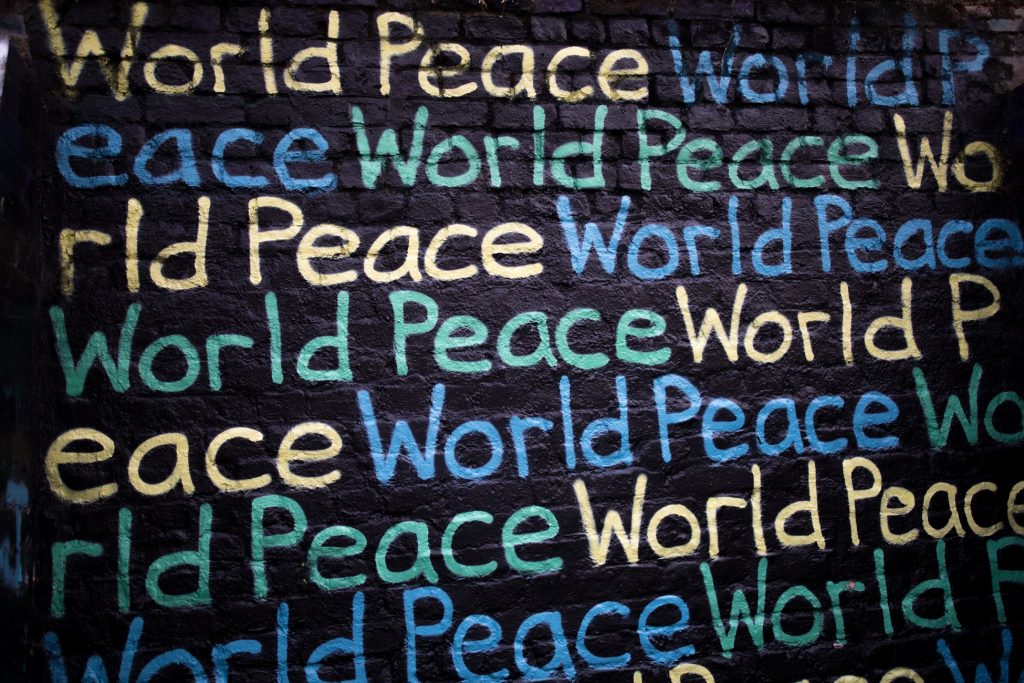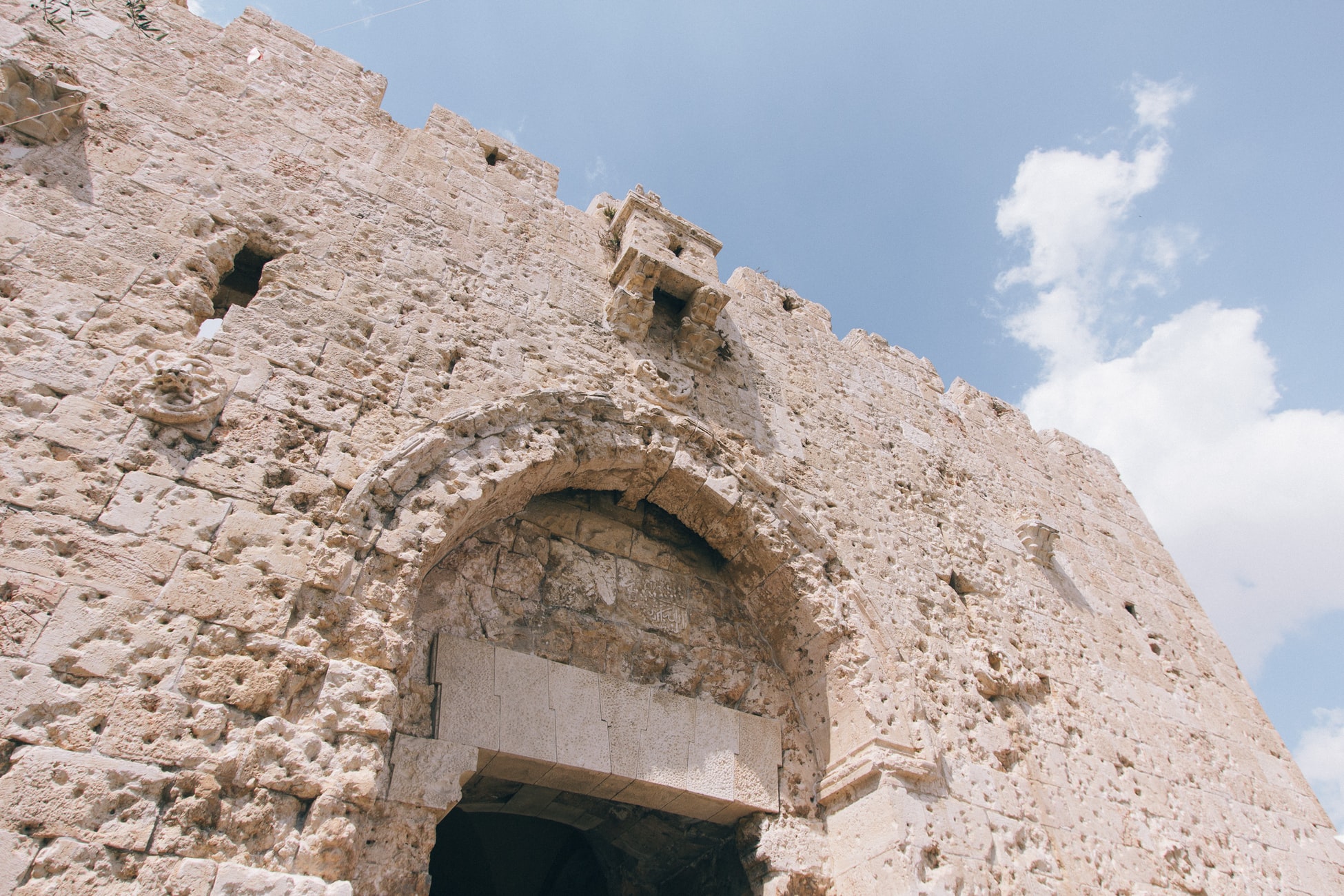Transitioning Democracy, Peace in the Balance
Afghanistan, a state that has been ravaged by tortuous war for four decades, has become the subject of a failing peace process and a highly ambitious push for democracy by the Afghani President, Ashraf Ghani. While democracy is widely propelled as a catalyst for peace, in this case, it may, in fact, be a shackle for the process which may plunge the fragile situation into more despair. The state is at a critical juncture, fragile and in transition, and the timing of the elections (ballots were taken on 28 September 2019) could seriously hamstring peace in the state by inflaming tensions between the warring factions.
Conflicts are processes that evolve over time, through phases of escalation and de-escalation, and although the violence might be most intense at the peak of war, the most perplexing point from a resolution standpoint is the transitional phase. Conflict is considered ripe for resolution when the warring parties are burnt out and impotent, however, transforming this situation into peace will always be an uphill battle. This difficulty is proving especially apparent in the case of Afghanistan due to the fact that the Taliban still have a tight grip on the country, despite eighteen years of conflict. While democracy might seem to be the answer, all of Afghanistan’s four elections since 2001 manifest deep corruption and violence, a story common to many peace transitions.
A Zero-Sum Game
As the opposition party within the process, the Taliban are threatened by democracy and use fear to spoil the progression towards it. It is in the Taliban’s interest to sabotage negotiations, break cease-fires and attack voters. Such actions delegitimise Ghani’s position and as he is an internationally-backed leader, they create leverage for the Taliban with regards to negotiations. One of the two fundamental grievances of the Taliban is how power is administered and doubtlessly, the group has a significant stake in maintaining the status quo. Due to this zero-sum position, they will not settle for anything less than a positive gain:
In accordance with this, the vote was delayed numerous times, around 2,500 polling stations were not opened, and the low voter turn out of an estimated 2.1 million (out of 9.6) reflects the impact of the Taliban’s tactics. Nevertheless, the zero-sum positioning is common to all the factions in the conflict. No side can realise the possibilities of a win-win outcome and so resort to the possibilities of achieving military supremacy in order to enhance their bargaining positions.

An Alternative Answer
Notwithstanding the current president’s zealousness for elections, many other Afghani elites such as his electoral rival, Abdullah Abdullah, favour delaying the vote while the Taliban are completely against them. These actors advocate for forming a new interim government, inclusive of the Taliban. Despite the countless acts of terrorism, human rights abuses and other atrocities, excluding the group from the political process, and thus the peace process, would be a major failing of the international community. If shut out, the Taliban will inevitably be incentivised to further spoil the move towards peace. Yet over and above that, the peace process must be led by the Afghani people and a large section of its population are combatants. If a post-war Afghanistan is to be successful, the state as a whole must find some way to integrate these fighters back into society as the alternative for them is to splinter off into even more extremist groups such as ISIS.
Although power-sharing arrangements are a step backward from democracy in many regards, if properly drafted with the necessary checks and balances integrated alongside tangible, long-term goals, such an agreement could be the answer to the deadlocked situation that Afghanistan currently faces. While the democratic peace might be the preliminary goal of many policy actors involved with Afghanistan, the only way to constructively pacify the Taliban, and thus the state’s current conflict, would be to offer them a share in its future. As the coalition’s efforts to eliminate the group militarily have proven unsuccessful there is simply no palpable option other than to strike a deal, sacrificing democracy for an alternative form of peace.
The Most Pressing Issue
Either way, the current delays in releasing the election results risk further endangering the state’s citizens. While the polling was held over a month ago, the election commission has held off on disclosing results until 14 November this year in order to preserve the integrity of the process. Despite the nobility of such an argument, it connotes exacerbated uncertainty which, without a doubt, will inflame the current political deadlocks of Afghanistan and give the Taliban room to fill the vacuum. Such a fact opens the state up to further conflict and acts of politically motivated violence. The further the results are pushed back, the more fragile the situation becomes, along with its potential for peace. The only certainty at this point in time is that the election victor, be it Ghani or Abdullah, will have a monumental task at hand.
Failure to realise a conflict-free Afghanistan would be catastrophic and there are indeed, consequential drawbacks to the agreement I am arguing for, such as negative implications for universal suffrage. However, to achieve a truly democratic and positive peace the situation must first be stabilised non-violently. Before reforming the state, the president must first find a way to constructively engage the terrorist group. If not, the risk is that the balance of power will shift in favour of the Taliban, the conflict will go on indefinitely and all the terrible connotations that come with such a situation will continue to persist.

References
Khattak, D. (2019) The Afghan Endgame: What, When, and How. Available at: https://thediplomat.com/2019/04/the-afghan-endgame-what-when-and-how/ (Accessed: 14th October 2019).
Disclaimer
The opinions expressed in this publication are those of the author. They do not purport to reflect the opinions or views of IVolunteer International.
IVolunteer International is a Gold Seal nonprofit organization on Guidestar. Operating from Savannah, Georgia, IVolunteer International connects volunteers to volunteer projects around the world. Since 2017, IVolunteer has connected over 3,000 volunteers worldwide. In 2019, World Trade Center Savannah selected IVolunteer International as finalists of the Peace Through Trade Competition. In 2020, IVolunteer International will develop and launch a geo-connecting mobile application which will be available to volunteers around the world.


